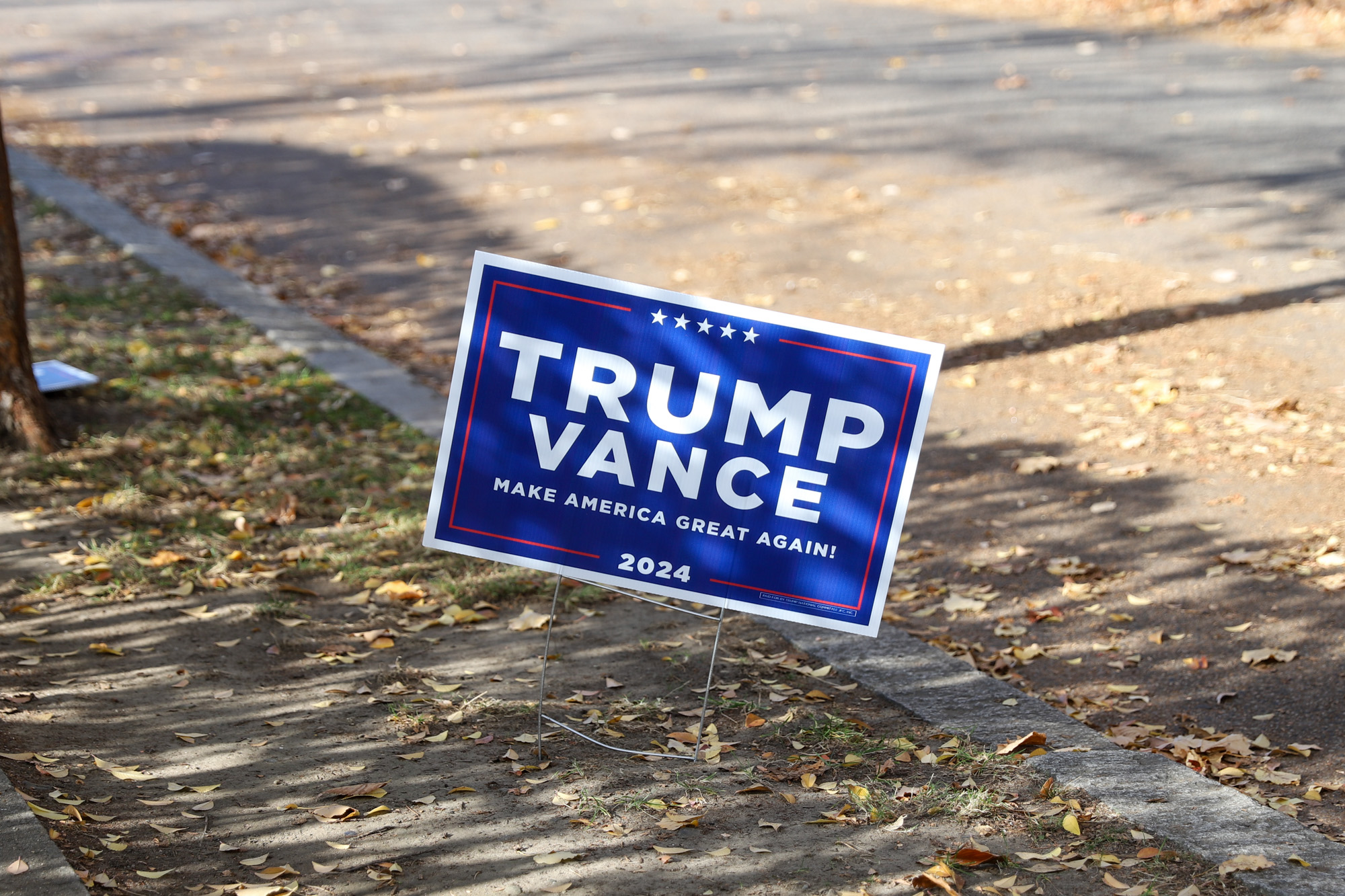While Boston University has not experienced political violence on campus, students and faculty stress strong leadership, open dialogue and peaceful protest are crucial to maintaining peace in the wake of the polarizing U.S. presidential election.

The 2024 Presidential Election atmosphere has been described as “highly volatile,” and the United States has seen its “biggest and most sustained” rise in political violence since the 1970s.
Political violence is defined as “hostile, aggressive or violent acts motivated by political objectives or a desire to directly or indirectly affect political change,” according to the United Nations Office for Disaster Risk Reduction.
Sandra McEvoy, clinical associate professor of political science and women’s gender and sexuality studies at BU, said she knows “students who are fearful” of the possibility of political violence. She said this could stem from tensions regarding the election or the Israel-Hamas conflict.
On Oct. 29, McEvoy led a discussion co-sponsored by BU’s chapter of Phi Alpha Delta, an international pre-law fraternity, about the evolution of political violence around elections and its implications for the 2024 presidential election.
“This is not how politics is supposed to look, and this is not the way that it has looked in this country for all of my life except for these last two election cycles,” McEvoy said at the discussion.
McEvoy said there has been no election-related violence “in our proximity” at BU, but “all campuses right now are frightened.”
“There are students at BU who feel they would like to be more vocal on campus, but are fearful of how that might affect their academics,” she said.
McEvoy said leadership that focuses on fostering open dialogue and “absolute and total transparency” will help prevent political violence on college campuses.
Jyoti Puri, a professor of sociology at BU, said universities have a crucial role to play in controlling political violence by incorporating skills to deal with political violence in their curriculum.
“There are things that can be actually built into the curriculum where it’s really about, how do you take on a difference without kind of locking yourself into a position,” Puri said.
Her suggestions include having difficult conversations, mediation and considering different perspectives.
Puri emphasized how spaces need to be made available so people with different perspectives can come together.
“Not because we’re all united and we all feel the same, or we all think the same, but precisely because we don’t,” she said.
She said this role is especially crucial as social media increases tensions regarding political discourse. She said political violence can be triggered by external actors coming on campus and “riling things up.”
“In that sense, campuses are not so protected or isolated from the rest of society,” Puri said. “We see very particular kinds of political violence playing out here.”
Senior Joe Clark said he advocates for peaceful forms of protest because nonviolent campaigns are more likely to succeed than violent ones. He recommended peaceful but “confrontational” resistance, such as strikes, protests, civil noncompliance and voting in both local and midterm elections.
“Violence rarely works,” Clark said. “Violence alienates a majority of the population.”
Junior Lily Whittaker said she feels political discourse on BU’s campus is generally neutral, which makes her feel safe.
“I’m honestly more scared for just the world in general,” Whittaker said.
Prior to the election, McEvoy said no matter the results, she hopes we will “learn to disagree with each other.”
“Regardless of who wins, what needs to happen is we need to remind ourselves to be kind again, and to remind ourselves how absolutely exhausting it is, to hear the vitriol in this political space,” McEvoy said.


















































































































